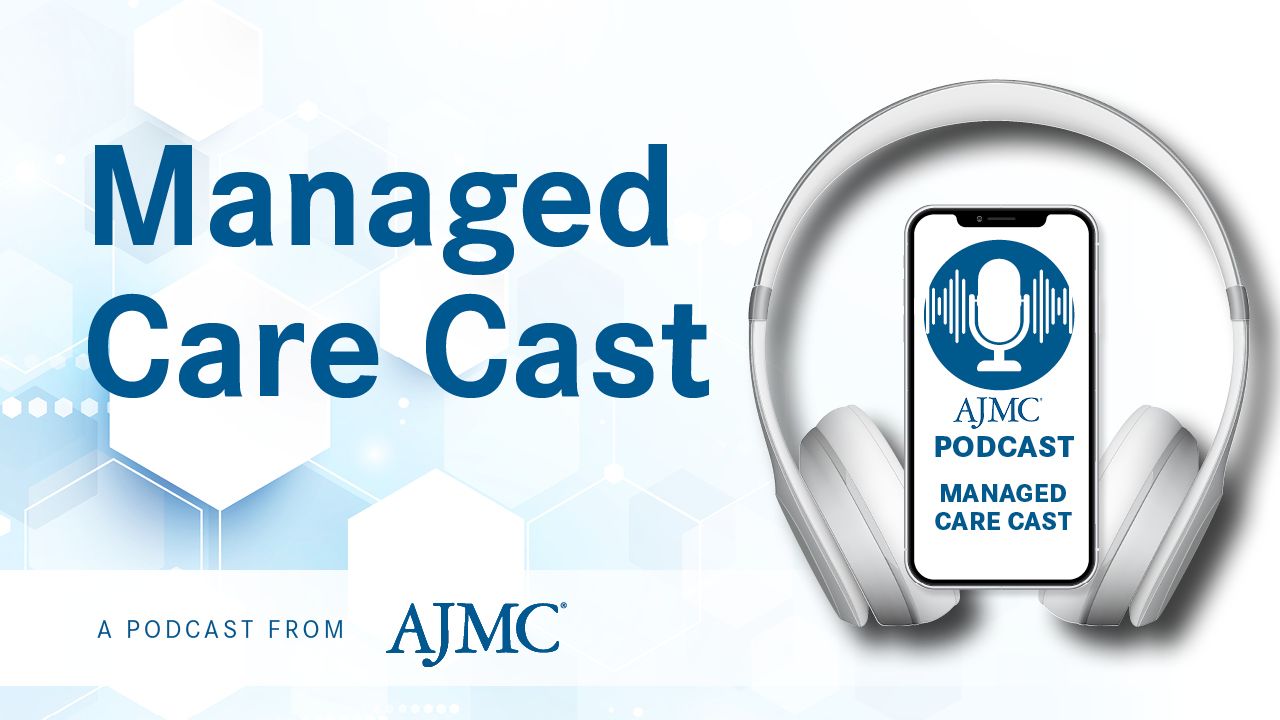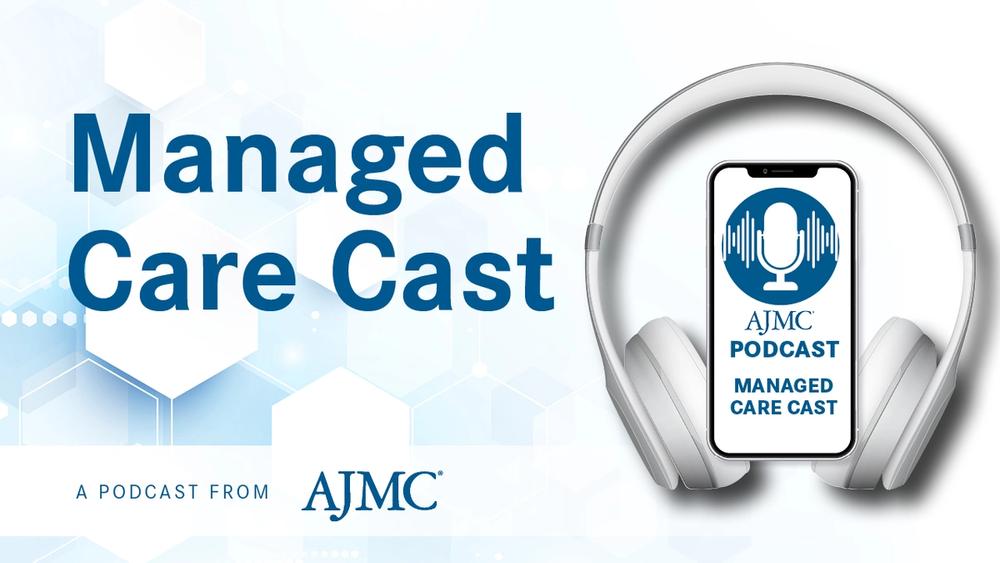Video
Dr Anna Marzec-Bogusławska: Advocacy Helped to Overcome Fear, Stigma of HIV/AIDS in Poland
Author(s):
Anna Marzec-Bogusławska, MD, MPH, managing director, National AIDS Center, Warsaw, Poland, discusses how stigma and discrimination permeated the beginning of the HIV/AIDS epidemic the country in the early 1980s and ways that advocates stepped up to overcome peoples’ fears.
Anna Marzec-Bogusławska, MD, MPH, managing director, National AIDS Center, Warsaw, Poland, discusses how stigma and discrimination permeated the beginning of the HIV/AIDS epidemic the country in the early 1980s and ways that advocates stepped up to overcome peoples’ fears.
Transcript
How were persons living with HIV/AIDS treated during communism in Poland vs how they’re treated now?
I would like to turn a little bit your question because I don’t think it was an issue of treatment by government, rather by doctors and by society. Of course, it was a lot of fear at the very beginning. The first HIV case in Poland was detected in 1985, and subsequently, the first AIDS case was diagnosed in 1986. Those changes need really time; it was not very quick. But even at that time, the government was trying to really to inform the society, to some extent to educate the society. However, it was a lot of fear.
And sometimes after fear comes an aggression or stigma, discrimination. And at that time, really, it was a lot of stigma and discrimination toward people living with HIV in the Polish society. People didn’t want to see them, in small villages; they didn’t want to create centers for these people on their territories. And I think what helped up was a lot of work done by people being authorities in the social life. Their work helped a lot to somehow overcome those barriers like stigma and discrimination.
Then I think that promotion of testing sites and cooperation of government with civil society, because I’m not sure if you know that in Poland, we have quite beautiful and long tradition of cooperation in the field of HIV AIDS, not only but mainly between civil society and government. This cooperation started
relatively early in early 90s and was, to some extent, initiated by UNDP [United Nations Development Programme] here in Poland, and then UNAIDS, and all these programs. It continuous and continuous successfully.
We have very good working relations with all NGOs [nongovernmental organizations] who work in the field of HIV/AIDS. And the brilliant example of this cooperation is the activity of testing sites. We have here voluntary counseling and testing centers, at least one in each voivodeship. The centers are run by the NGOs with the financial support of the budget of Minister of Health, and the center is coordinating these activities.
This tradition started in early '90s, and it continues, and I am very proud of this because I think Poland was one of the first countries in our region, Central and Eastern Europe, who started very effective and fruitful, really fruitful, with the huge impact for prevention, including harm reduction programs. So I think this is really a good example of cooperation. And a good example that prevention really works, because Poland, now it’s a low-prevalence country.





